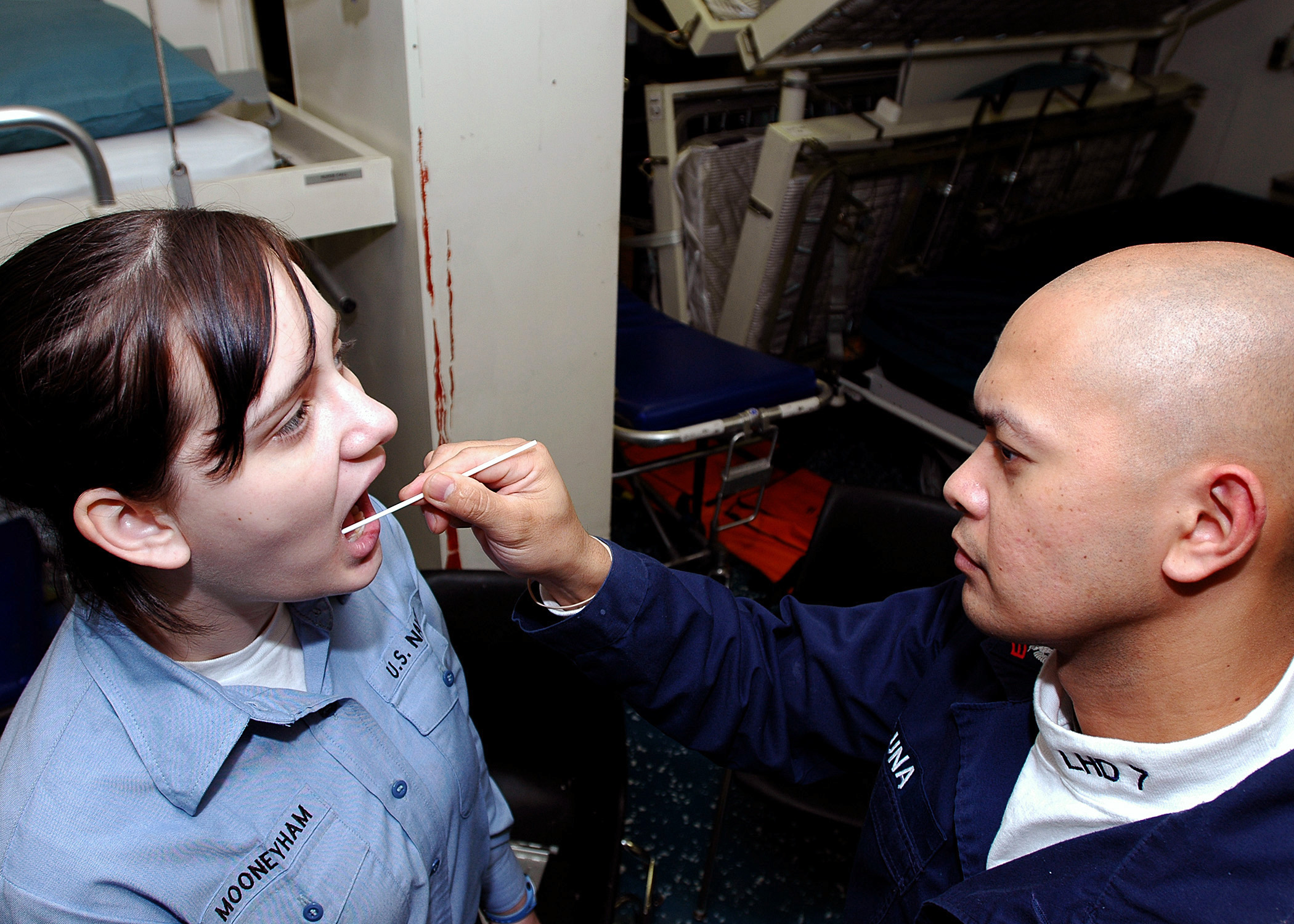A Denver-based company has developed a test that can help physicians monitor opioid usage in patients--using saliva instead of urine samples. The test is known as CORE (Comprehensive Oral fluid Rx Evaluation). Cordant Health Solutions, the developer of this test, says that it is more accurate than the widely used urine tests currently in use. A sample is easily collected simply by swabbing the inside of a patient's mouth. The test can detect if patient is taking the right amount of medication, while urine tests only detect the presence or absence of a drug. Urine tests also give false results sometimes. As an example, the decongestant component in common cold remedies can trigger as a positive for amphetamines.
While it has its positives, the company admits that the test is not foolproof. Drug levels found in saliva do not correspond with blood test results about 25 percent of the time. Another drawback is that the result of a saliva test is not available for 48 to 72 hours, while urine dipstick tests provide immediate results. Therefore, a clinician's professional judgment should play a key role any clinical decision regarding any given patient.
The CDC's opioid prescribing guidelines suggest the following:
"Clinicians should not dismiss patients from care based on a urine drug test result because this could constitute patient abandonment and could have adverse consequences for patient safety, potentially including the patient obtaining opioids from alternative sources."
Sources: Wikimedia; Pain News Network
While it has its positives, the company admits that the test is not foolproof. Drug levels found in saliva do not correspond with blood test results about 25 percent of the time. Another drawback is that the result of a saliva test is not available for 48 to 72 hours, while urine dipstick tests provide immediate results. Therefore, a clinician's professional judgment should play a key role any clinical decision regarding any given patient.
The CDC's opioid prescribing guidelines suggest the following:
"Clinicians should not dismiss patients from care based on a urine drug test result because this could constitute patient abandonment and could have adverse consequences for patient safety, potentially including the patient obtaining opioids from alternative sources."
Sources: Wikimedia; Pain News Network

Comments
Post a Comment